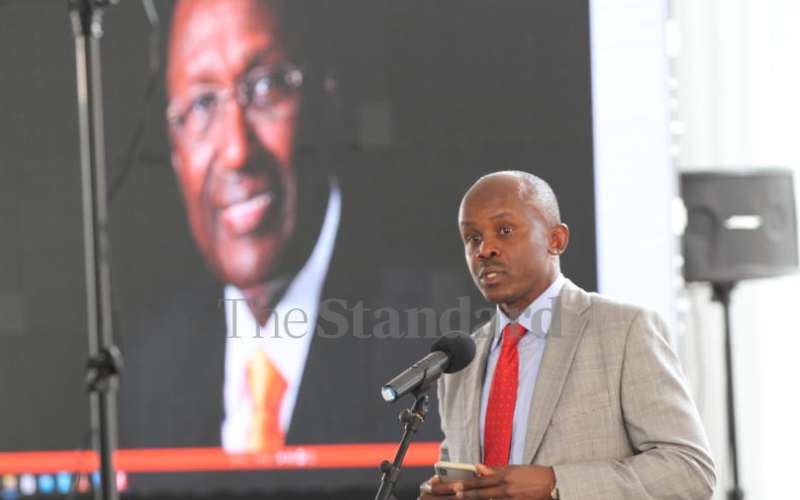×
The Standard e-Paper
Join Thousands Daily

Barely a month after Centum Group’s founder Chris Kirubi died, the company has announced a full-year loss of Sh1.37 billion — the first in more than 42 years.
Centum Chief Executive James Mworia opens up to the Financial Standard about the tough period following the death of the firm’s long-serving chairperson and the new direction for the diversified investment firm.






